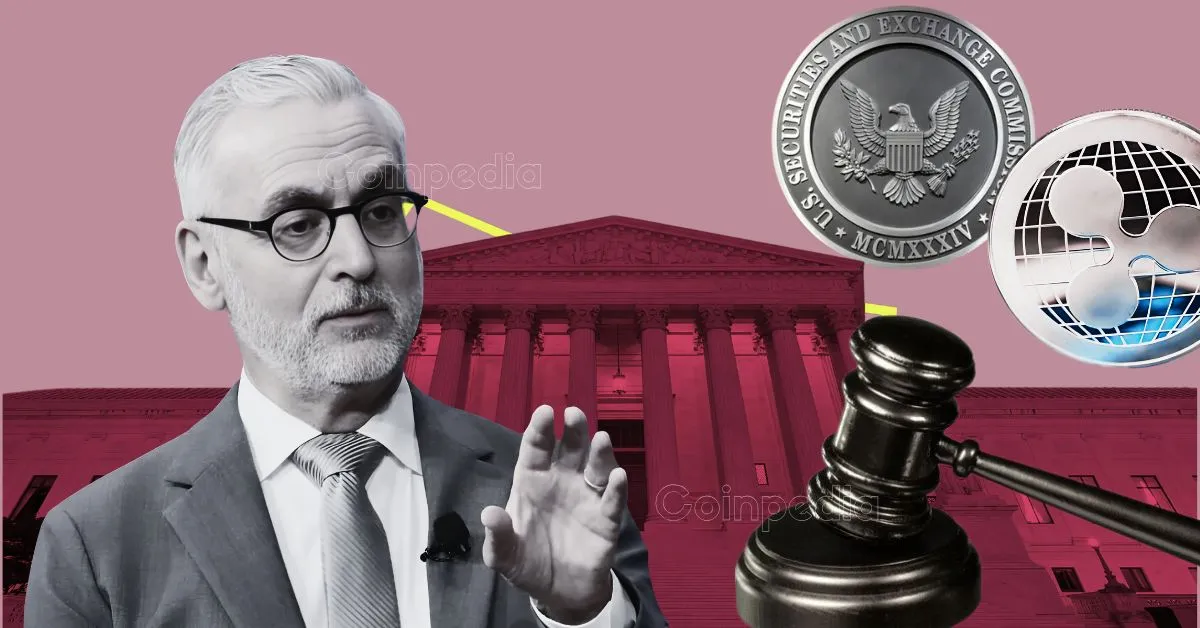Bitcoin's Potential Inclusion in US Home Loans Examined

The landscape of U.S. mortgage finance may soon undergo a significant transformation as the Federal Housing Finance Agency (FHFA) considers incorporating cryptocurrency holdings into mortgage eligibility criteria. This potential shift, highlighted by U.S. housing regulator Bill Pulte, comes at a crucial time when the American housing market grapples with a steep decline in loan originations and persistently high interest rates, making homeownership increasingly challenging for many.
Bill Pulte's announcement on June 23 on X (formerly Twitter) indicated a clear openness from the FHFA to explore the integration of digital assets, such as Bitcoin (BTC-USD), into the traditional mortgage system. Pulte emphasized that a reevaluation of existing collateral requirements could serve as a powerful mechanism to expand access to homeownership. He pointed out that current traditional credit metrics inadvertently exclude millions of Americans who hold cryptocurrency, thereby limiting their ability to secure housing loans despite possessing valuable digital assets.
The urgency for such innovative approaches is underscored by the current state of the housing market. Mortgage originations plummeted to near-record lows in 2024 and have remained weak into 2025. Factors like severe supply constraints, elevated interest rates, and aggressive investor buying have collectively pushed the dream of homeownership further out of reach for a substantial portion of the population.
While crypto-backed loans have existed, offered by specialized boutique lenders such as Milo and Strike, their scope has been largely niche, primarily catering to second homes or investment properties. A broader endorsement and recognition from a major federal housing regulator like the FHFA, however, could fundamentally reshape this landscape, moving these alternative financing options from the periphery to the mainstream.
The potential impact is considerable. In 2024, the Federal Housing Administration (FHA) alone issued over $230 billion in single-family loans. If cryptocurrency holdings, particularly stable and transparent assets like Bitcoin, become an acceptable form of collateral, it could unlock a robust and powerful new pathway to homeownership for retail investors and a wider segment of the American populace. Proponents of Bitcoin argue that its inherent characteristics, including transparent custody and robust liquidity through its blockchain-based structure, make it an ideal candidate for regulated lending environments.
Experts within the crypto community have voiced strong support for this initiative. Mitchell Askew of Blockware highlighted Bitcoin's blockchain-based structure as "perfect collateral" for such applications. Similarly, CJ Konstantinos of People's Reserve described the move as a "no brainer," suggesting it could effectively "derisk mortgage-backed securities" by introducing a new, potentially more transparent, asset class into the collateral pool.
Despite the optimism, experts also caution about the inherent volatility of cryptocurrencies, which presents new and complex risks for both lenders and regulatory bodies. Mitigating these risks would be crucial for successful implementation. Nevertheless, with approximately 20% of Americans now owning cryptocurrencies—most with holdings under $50,000—any policy shift to formally recognize digital assets within federal housing programs would undeniably represent a monumental milestone in the mainstream adoption of Bitcoin and other digital currencies.












